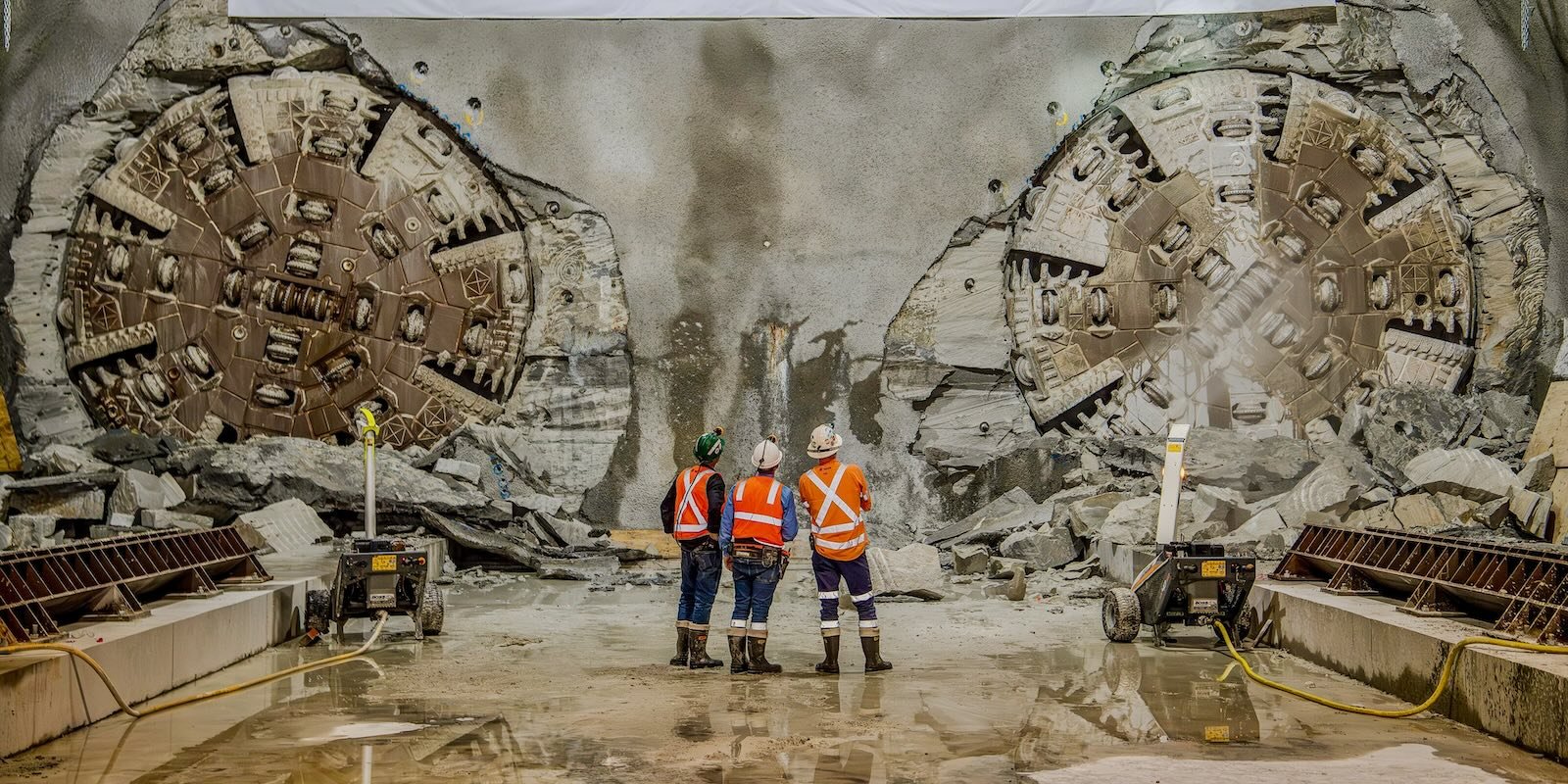The Delhi Metro Rail Corporation (DMRC) has marked a significant milestone in its Phase-IV expansion by completing the longest twin tunnel breakthrough to date. Official reports confirm that this achievement represents a key step forward in enhancing the city’s metro infrastructure, which has long been essential for the daily commute of millions of residents.
Stretching approximately 3 kilometres, the completed twin tunnels link Derawal Nagar to Pulbangash on the Janakpuri West-R K Ashram corridor, part of the expanding Magenta Line. This construction was facilitated by two tunnel boring machines (TBMs), named Bhoomi and Srishti, which emerged simultaneously at Pulbangash Metro Station. The successful retrieval of both TBMs took place on Wednesday, with the tunnelling completed in just over 14 months at an impressive average rate of 8.2 metres per tunnel per day. The event was attended by notable officials, including the Chief Secretary of Delhi, and Managing Director of DMRC. Principal Executive Director of Corporate Communications at DMRC, expressed pride in this achievement, emphasising the organisation’s commitment to providing safe and efficient transport infrastructure for the city’s residents.
The DC-05 package, executed by Afcons, includes the construction of six underground stations and the tunnelling of 14.4 kilometres, demonstrating a comprehensive approach to urban transport development. This project required precise engineering as the tunnels were excavated at a depth of 14-15 metres through densely populated areas like Rana Pratap Bagh and Punjabi Basti Colony. Notably, the tunnels also cross beneath the Najafgarh drain, a structurally sensitive zone. Despite challenges, including submerged water conditions and proximity to the under-construction Ghanta Ghar station, the project reported no structural damages, showcasing the expertise involved in this ambitious undertaking. The tunnels feature an internal diameter of 5.8 metres and include six cross passages, which will enhance passenger safety and accessibility.
From a sustainability perspective, the successful completion of these tunnels represents not just an engineering feat but also a commitment to reducing urban congestion and promoting eco-friendly transport solutions. As Delhi continues to grapple with air pollution and traffic congestion, the expansion of the metro system offers a more sustainable alternative for commuters, encouraging a shift from private vehicles to public transport.




